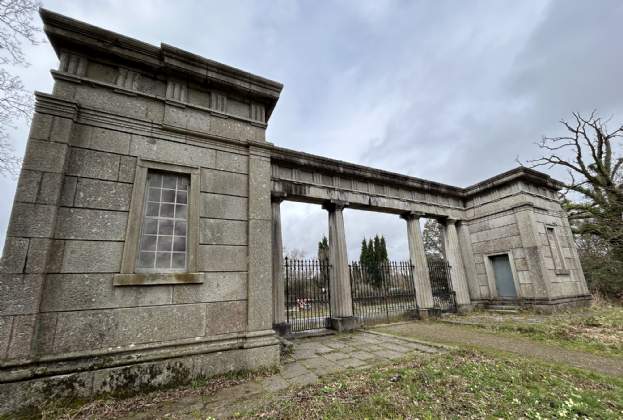Put simply, mediation is a form of dispute resolution. It is typically less expensive than other more formal procedures such as arbitration or attending court.
Where property is an underlying factor mediation can often be a very effective way to resolve a conflict – where, for example, boundary disputes, differences over valuations and disagreements between landlords and tenants are concerned. It can also be effective in the workplace and as a way of dealing with complaints.
Mediation encourages those involved to meet in an informal environment and to have an honest conversation about how to find an agreement. An accredited mediator acts as an independent third party – managing the process and listening to discussions. It is not their role to provide legal advice or pass judgement.
A good mediator will encourage individuals to think in their own way about how to compromise so they can find a mutually acceptable settlement.This is typically achieved through joint brainstorming sessions although in some cases it may be necessary for the mediator to talk with individuals privately to help progress negotiations.
There are typically six steps to formal mediation: introductory remarks, statement of the problem by the parties, information gathering, identification of the problems, bargaining and generating options and reaching an agreement.
Discussions are without prejudice and confidential until both parties agree on a solution. It is up to the individuals involved to draw up a legally binding Settlement Agreement. The mediator does not submit a written report.
The length of the process depends on the level of cooperation between parties. However, most cases only last a day or two. This is partly because mediation is less cumbersome than litigation, but also because people typically use it to resolve smaller, less complicated disputes.
If both parties agree, a mutually acceptable mediator can be appointed or, alternatively, parties can apply to a professional body which provides a dispute resolution service such as the Chartered Institute of Arbitrators or the Royal Institution of Chartered Surveyors.
It may not always be appropriate – for example, in cases where someone is determined to ‘have their day in court’ or who feels a judge will rule in their favour – but in most instances it would always be our advice to consider mediation as an alternative to more formal proceedings.
Those in dispute need to weigh up their chance of success at court with the cost (financial, professional and personal) of continuing with the legal process and perhaps not achieving the result they desire.
.jpg)
